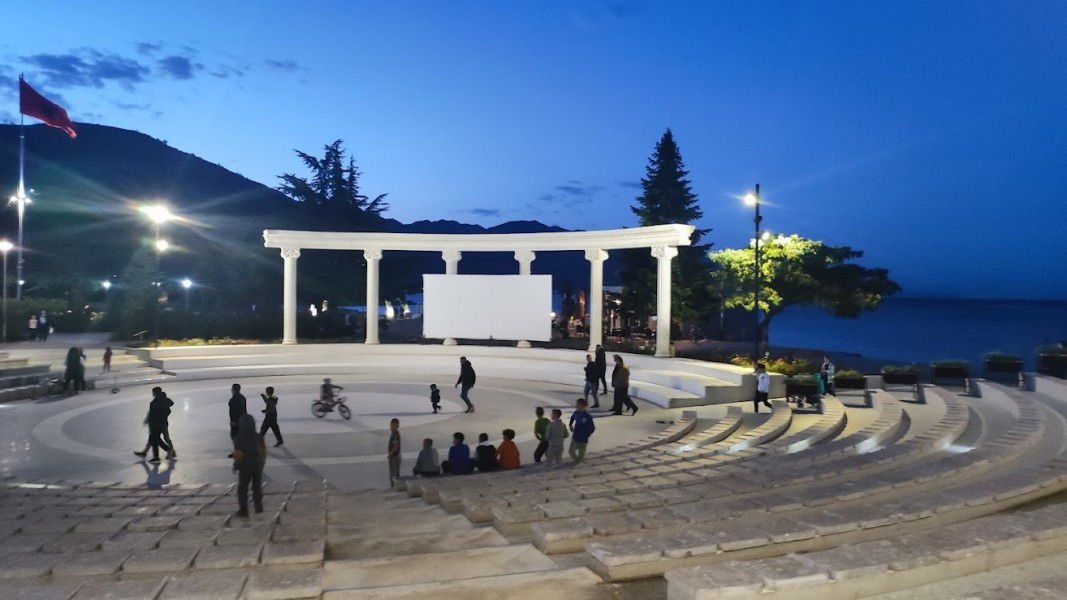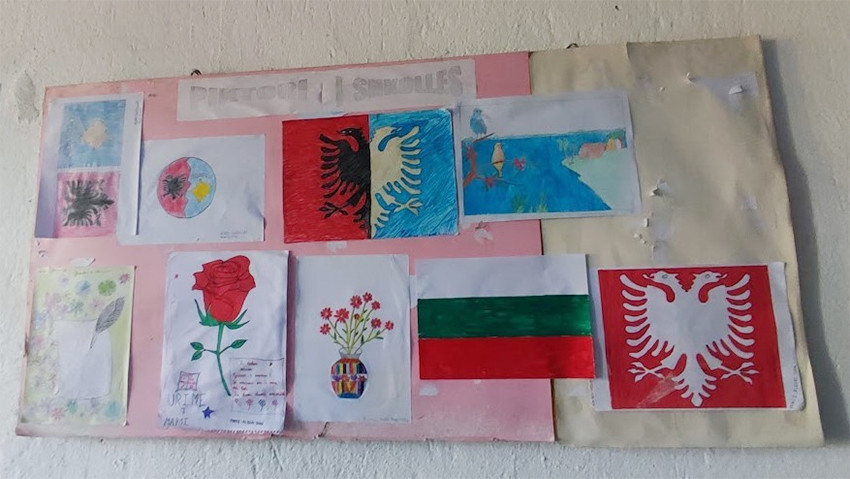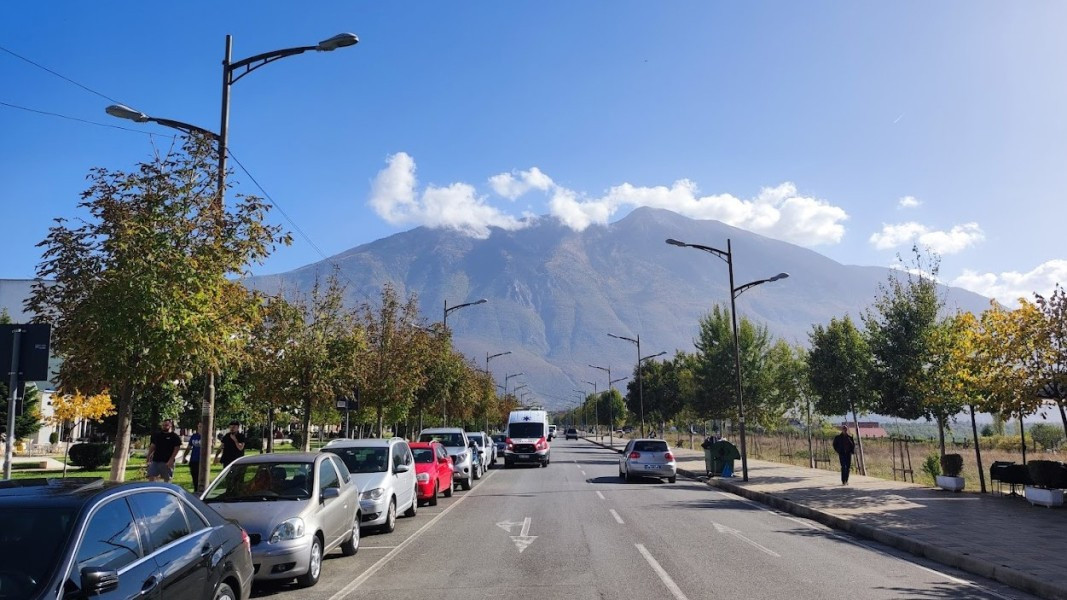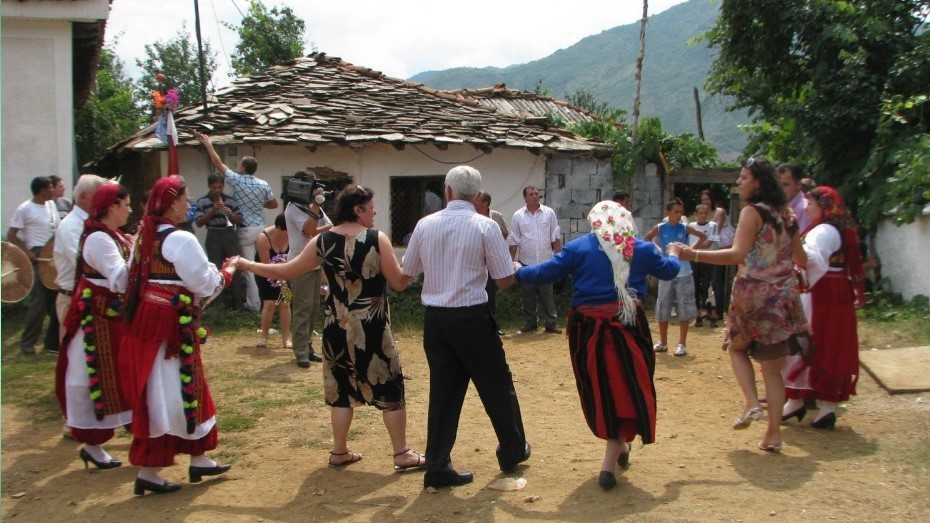The population census in Albania ended on November 15 and on the recommendation of the UN and the EU a survey will be conducted from November 20 to December 20, 2023, in order to assess the quality of the census process. This has been the twelfth national census since the declaration of independence of Albania in 1912, but it is the first one after Albania officially recognized the Bulgarians as a national minority in 2017. That is why the census is being followed with interest in Bulgaria, as well.
"I was in Albania during the census and I received positive feedback from everywhere about the good attitude of the Albanian authorities towards the Bulgarian community," Associate Professor Spas Tashev of the Bulgarian Academy of Sciences, researcher and author of the book "Bulgarians in Albania", recently published in the Albanian language, told Radio Bulgaria. But he also paid attention to another fact:

"The census was supposed to end at the end of October, but it was extended until November 15 and the reason for this was the increased movement of the population to the big cities registered during that period, which made it difficult for the census officials to reach all of the Albanian citizens. It also turned out that North Macedonia had received information from its supporters and from pro-Macedonian organizations represented in the census commissions that over 20% of the population in Mala Prespa declared themselves Bulgarian. According to the standards, if an ethnic minority is over 20% of the population of a given area, it has the right to use its mother tongue as official language of the municipality. It is good to point out that this is a municipality that until recently was considered to be 100% inhabited by Macedonians."

• On Bulgarians in Albania in a historical context and more
According to Assoc. Prof. Tashev, this is what provoked the desire of North Macedonia to organize a kind of census tourism:
"They tried to take persons born in Mala Prespa but living for 20-30 years on the territory of North Macedonia on organized visits by buses, so they can take part in the census and make the number of registered Macedonians increase and the relative share of the Bulgarian population decrease under 20%. Now the signs in Mala Prespa are in Albanian and North Macedonian and if the census shows more than 20% Bulgarians, then everything will be written in three languages including Bulgarian. I am not aware if this campaign has succeeded."

Associate Professor Spas Tashev informed us about another alarming act. During the period of the census, certain websites started to claim that there were no Bulgarians in Albania and never have been.
"First, such a statement contradicts the right to self-determination. After all, it is not Skopje’s or anyone else’s business how people identify,” Prof. Tashev says. "It is obvious that there are people there who feel Macedonian and no one from Bulgaria disputes their right to declare themselves as such. But it is also obvious that there are people with Bulgarian self-awareness and Skopje cannot tell them that they are not Bulgarians. The greater paradox is with the claim that there have never been Bulgarians in Albania. This contradicts all the facts in the field of statistics for this region. Even in the official statistical registers of the Ottoman Empire for the Bitola Vilayet, in which the district of Mala Prespa was located, we see constant data about the presence of Bulgarians. For example, in the registers of 1891, we see that 4778 Bulgarians were registered in Mala Prespa, or 55.7% of the local population."

According to Associate Professor Spas Tashev, Bulgaria and North Macedonia should rather cooperate to solve the socio-economic problems of this population. "In the current census, everyone has the freedom to decide how to identify and we thank Albania for creating the conditions for these people to express themselves freely, without any pressure," the researcher adds. In case a sufficient number of people have defined themselves as Bulgarians, they would be able to enjoy a number of rights, for example the right for establishing municipalities and elect their own mayors, which will give them administrative mechanisms to develop cooperation with Bulgaria. They will also be able to study literary Bulgarian in public schools, etc.

Related articles:
• In Albania, Vice President Iotova visits the Bulgarian minority in Golo Brdo
• Milena Selimi: Bulgarians in Albania need teachers and attention
English publication: Al. Markov
Photos: BTA, Krasimir Martinov, facebook.com/Nasha.Golloborda
Serbians around the world mark one year after Novi Sad tragedy On November 1, Serbians abroad will join the call of students in Serbia to mark the anniversary of the collapse of the canopy of the Novi Sad railway..
"We cannot escape from modern technologies, but we must think about how we can use artificial intelligence to improve the quality of education without losing human contact," said Mimi Nicheva, head of the Bulgarian Sunday School "Sts...
Nearly two centuries ago, in the distant 1838, the Bessarabian Archbishop Dmitry Kishinev and Khotinsky consecrated the magnificent Orthodox church "The Holy Transfiguration of the Lord" , built with voluntary donations and labor by the Bulgarian..
On November 8 in Hall 11 of the National Palace of Culture, Bulgaria’s best masters and artisans will be awarded for the third time. The founder and..

+359 2 9336 661
